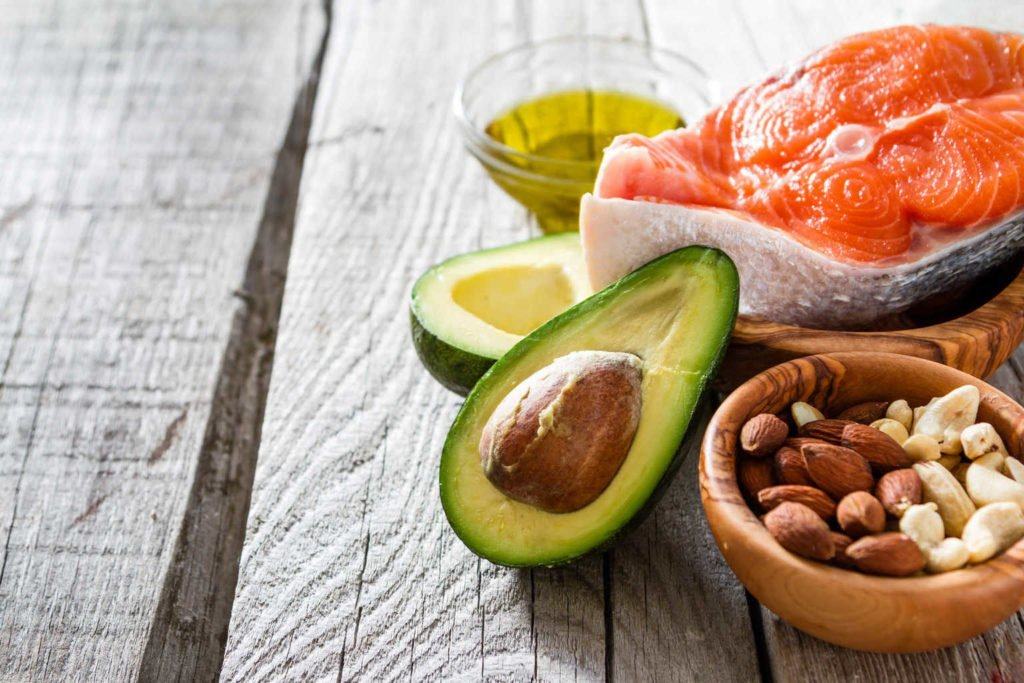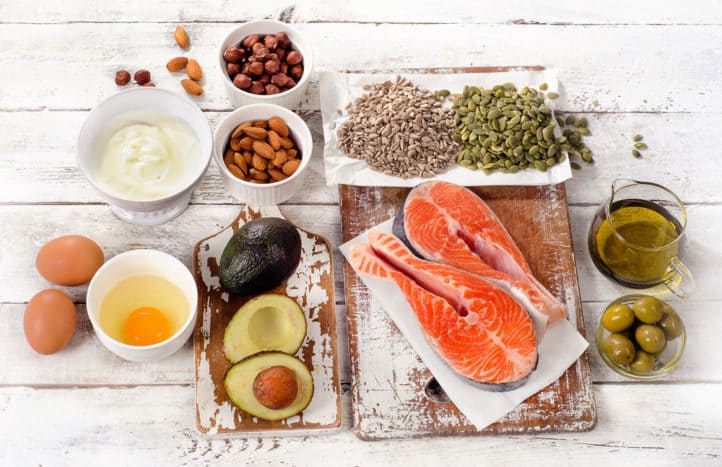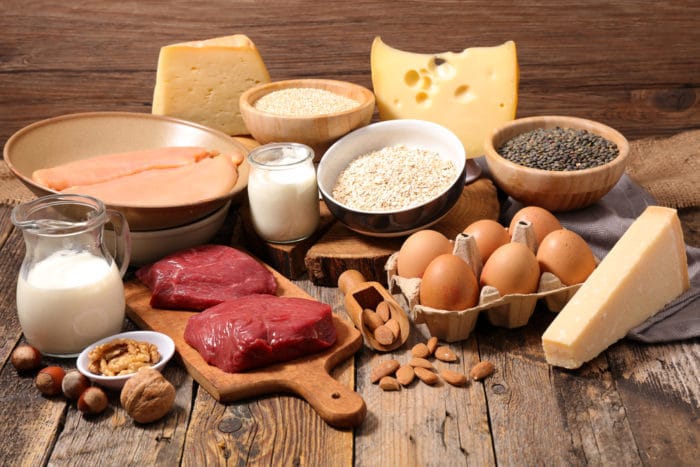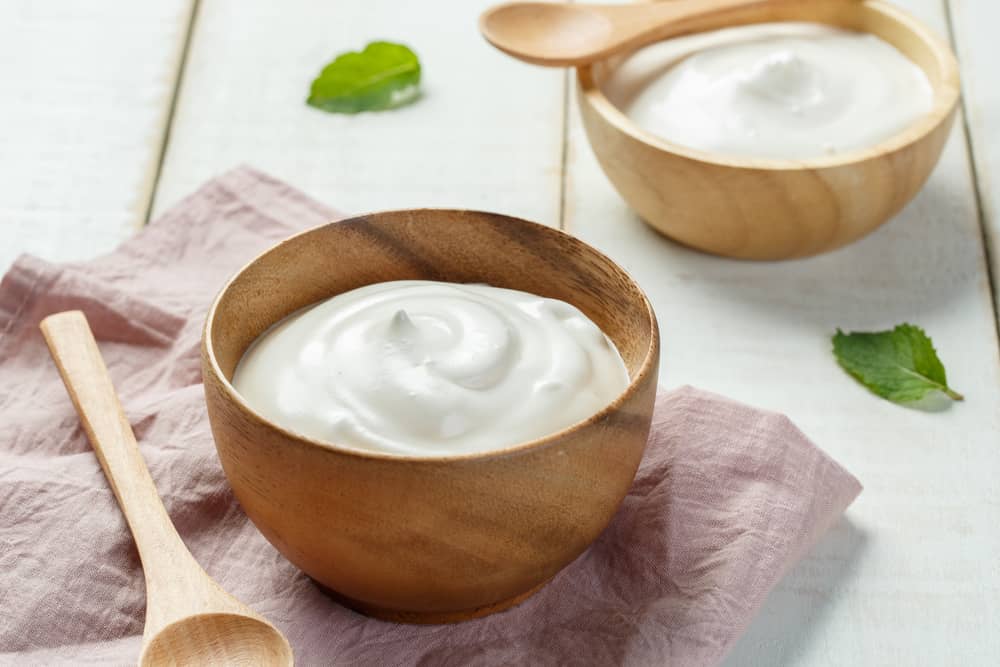Contents:
- Medical Video: Tim Tebow Explains How The Keto Diet Breaks Down Fat
- What is fat? What are the benefits of fat?
- Get to know these two types of fat
- Research on fat
- How about calories?
Medical Video: Tim Tebow Explains How The Keto Diet Breaks Down Fat
Fat must not only be avoided, eliminated or not consumed. The body needs fat to produce energy or energy. In addition, fat also provides the body with calorie needs that are useful for physical activity, such as fatty acids that help the body produce hormones, vitamins, and build new cells. What are the benefits of fat for the body, especially for people who are in cancer treatment?
What is fat? What are the benefits of fat?
Fat is obtained when excess calories in the body are stored as fat to become energy reserves when needed. The benefits of fat can also make food feel better in the mouth and tongue. If you have difficulty with losing weight or feeling changes related to cancer, fat in food can help increase the calories needed by the body.
But if you consume too much fat, your body will feel discomfort like feeling too full, because foods containing fat are processed longer in digestion.
For people who take drugs to increase appetite, or people who are exhausted by activity, too much fat can increase unwanted calories.
As for people who have heart disease and follow a healthy heart diet, they should consult with a doctor to find out if adding fat to your daily menu is possible.
Get to know these two types of fat
There are two categories of fats namely saturated fat (saturated fatty acids) and unsaturated fats (unsaturated fatty acids). Saturated fatty acids are found in meat or animal fats such as lard, fat-containing milk, chocolate, coconut oil, cottonseed oil and palm oil. P
Research shows that people who eat foods that contain large amounts of saturated fat have an increased risk of heart disease.
Then, unsaturated fat is one type of fat that can be divided into several types. There are monounsaturated fatty acids, polyunsaturated fatty acids, omega-3 fatty acids, omega-6 fatty acids, and trans fats.
Foods that contain unsaturated fats are avocados, nuts, fish, seafood, olive oil, and canola oil. People who eat healthy foods for the heart will limit their intake of saturated fats and choose to consume unsaturated fats because unsaturated fats have been shown to reduce the risk of heart disease.
While consuming trans fat can increase the risk of heart disease and cancer. Trans fat and trans fat are also found in meat, milk products, processing margarine, bread, cakes, biscuits, chips, and fried foods.
Research on fat
The best way to balance fat intake is to choose foods that contain monounsaturated fats such as olive oil or other peanut oils, polyunsaturated fats, and saturated fats.
Because most of the effects of fat-containing foods are at risk for cancer development, especially in breast cancer and colorectal cancer.
The Health Initiative (WHI) studies more than 38,000 post-menopausal women. This number was taken randomly to find out the extent to which low-fat foods and the foods they normally consume have a significant reduction in overall risk of breast and colorectal cancer.
The results show that there is a significant reduction in risk in women who initially like to consume high fat, but then consume low-fat foods. Low-fat foods can reduce the risk of ovarian cancer, but there is no association with a reduced risk of other types of cancer.
How about calories?
So how many calories does the body need every day so that fat doesn't accumulate? Eating food with 24 to 28 calories per kg of body weight is a sufficient count to meet caloric needs during treatment without causing unwanted weight measurements.
However, some conditions such as fever, infection, or high levels of stress can increase your calorie needs. Doctors or nutritionists have access to special equipment that can measure energy requirements in the body more accurately. Ask a doctor or nutritionist to calculate the calories needed by the body.
Calorie needs can also change according to age, but usually getting older, people will need fewer calories. Increased physical activity can increase calorie requirements in the body. During cancer treatment and in the healing process, calorie needs will increase because the body experiences stress, fever or infection.














